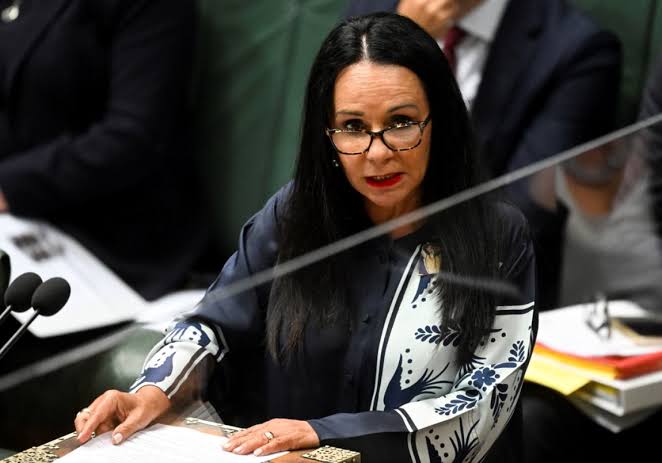After the bill was approved by the lower house of Parliament on Wednesday morning, Minister for Indigenous Australians Linda Burney reaffirmed the advantages of a Voice to Parliament referendum.
The Minister said that the legislation’s resounding ratification by the House of Representatives—121 voting in favor to 25 voting against—brought Australia one step closer to economic growth.
She referred to them as “friends” in the joint speech she gave with Attorney General Mark Dreyfus.
“Today brings a referendum one step closer. We are now one step closer to having the Australian constitution recognize Aboriginal and Torres Strait Islander people.
“A yes vote in the upcoming referendum will advance Australia for all. It will mark a new chapter in the history of our nation.
The Labor MP argued that a successful referendum would in fact have a noticeable impact on how First Nations communities across the nation are governed.
“I can’t emphasize this enough. The Voice will actually change things, according to Ms. Burney.
“Because the knowledge and wisdom of local communities hold the answers to so many of our problems.”
“I just want to reassure everyone in the media that the campaign we are working on is good and aims to move this country forward.”
The Liberal-National Coalition has been pushing back against the Labor Party’s attempts to amend the planned referendum question’s wording. The Labor Party is the main force behind the Voice campaign.
The Indigenous Voice’s embedded powers to advise the executive branch of government from its proposed constitutional amendment should be removed, according to Liberals, even if the party would embrace constitutional recognition of Aboriginal and Torres Strait Islander people.
The Peter Dutton-led group, whose official position to the campaign is a “No,” has contended that the Albanese administration did not sufficiently consult with Indigenous individuals before establishing the foundation of the Voice legislation.
Ms. Burney, however, refuted those assertions by pointing out that numerous First Nations leaders had been consulted during the decision-making process.
In regards to the question and the revisions, “We have been incredibly cautious and consultative,” she stated.
“Some of the top constitutional legal minds in the nation have participated in our First Nations working group, First Nations engagement group, and involvement chaired by the attorney of a legal expert group.
This has been a very positive, extremely consultative, and deliberate endeavour, not some fanciful idea.
“I hear the doomsday people, but I know the work that is being done, I know many of the people who are involved and joining… this is where the campaign actually gets into full swing,” the speaker said.





